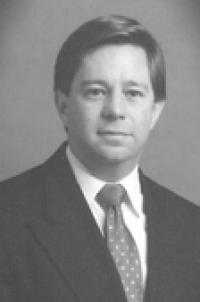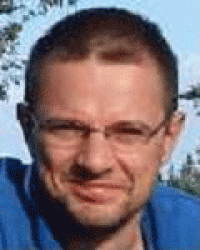
This presentation provides an overview of the Background, World Outlook, U.S. Outlook and challenges facing nuclear energy in its expansion worldwide. Major issues include demand for new energy sources and international prospects for nuclear, the path forward in the U.S. by DOE, NRC, and vendors and current and future challenges in the supply chain required to meet expected growth.
Mr. Quinn has over 35 years experience in managing nuclear and fossil utility contracts and personnel in support of both project and supplemental assignments at various utilities in the U.S. He is past President of the American Nuclear Society (ANS) (1998-1999). He has managed and performed projects in licensing and compliance, electrical and controls design, startup and operation, including Standards development for the Instrument Society of America (ISA) and the International Electrotechnical Commission (IEC) and is the author of over 50 papers and presentations on nuclear instrumentation and control subjects. He has been an instructor at the MIT Summer Reactor Safety Course for over 15 years, the IAEA for the past 5 years, and a Board member of three nuclear companies and the nuclear engineering programs at both Oregon State and The Ohio State University. He currently provides the licensing support for the six awarded IOM nuclear projects in China. In 2009, he was awarded the highest award in IEC, the 1906 Award, for the development of standards.
Mr. Quinn hold a B.S. in Electrical Engineering from Tufts University, Medford, MA, and a Masters in Management from Rensselaer Polytechnic Institute in Troy, N.Y.






